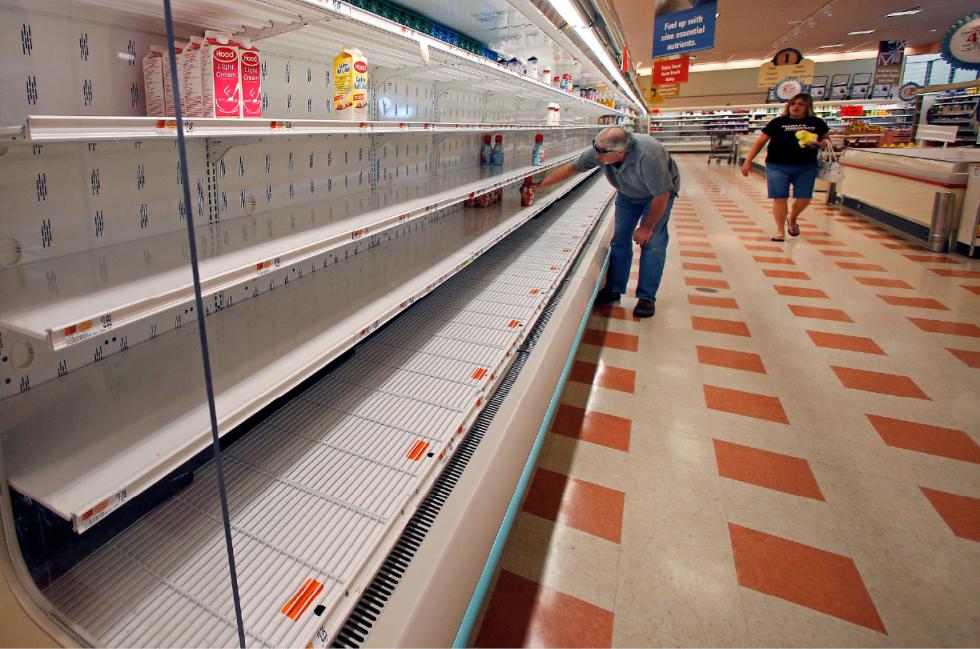By: Chris Warren
This summer there has been so many natural and man made calamities that I’ve become desensitized and hardly notice them anymore. There is no way to completely avoid being a victim, but there are plenty of ways the average person can, right now, decrease the odds of being involved in a tragedy and increase the odds of living through it if they are.
I call it the Rule of Right Now and here’s how it works: Wherever you are physically located while reading this, stop for a moment and look around you. Ask yourself: What is the most likely emergency/disaster event that could happen to me? And what is my plan if it happens right now? The Rule of Right Now states that we should train ourselves to always be aware of what could happen and have some kind of plan for dealing with it.
If you are at home in a safe neighborhood, coming up with a scenario may be difficult. That is the exact it can’t happen here complacency that makes victims unwitting participants in their own misfortune. Getting your head into right now requires some practice, and if you feel uncomfortable with the process, then you’re probably on the correct path.
The biggest barrier to being ready is denial. Denial creates at least as many victims as the tragedy itself.
The Rule of Right Now is universal. It goes beyond acute personal emergencies (such as a fire breaking out in your house) to very serious, widespread disasters that can effect an entire region or country (such as an economic crash). The biggest barrier to being ready is denial. Denial creates at least as many victims as the tragedy itself. A majority of people do not put even the smallest thought into what they would do if something horrible happened because they refuse to accept that anything horrible can happen in the first place.
It’s important to understand that the Rule of Right Now should not be interpreted as an endorsement for paranoia or an expectation that we should obsess over every conceivable disaster. Paranoia is a barrier, a distraction, to preparedness. It’s not sensible to be concerned with way out there scenarios that have a cosmically low probability of happening at the expense of ignoring obvious hazards. I personally know people who are think they are bad ass survivalists prepared for a Mad Max style societal collapse but do not have a functional spare tire in their car!
Every single time I board an airplane I memorize how many rows away and how many seats over the nearest two emergency exits are from where I am sitting. It’s not enough to glance at a card or look around the cabin and passively think, oh yeah, it’s over there, with no thought as to how I would find it if I could not see it. I also take notice of who is sitting between me and the exits. Even if completely blinded by smoke or darkness or injury, I will greatly improve my chances of escape by “counting” my way to an exit. That is how the Rule of Right Now is supposed to work. It does not require deep thought or intense training. It’s about having a thoughtful, controlled, predetermined response to plausible incidents.
Situational awareness is the act of knowing who and what is around you at all times. The Rule of Right Now goes a step further: You also have to contemplate what could happen and how to react to it. In my airplane example, I come up with a clear plan to get to the exit, as opposed to having only a generic awareness of where the exit is and calling it good enough.
Being prepared for disaster does not have to involve stockpiling guns and freeze dried food (although I strongly recommend doing exactly that if you are able). It also means paying attention and having a plan at all times. It means not having one’s head in the sand, nor consuming oneself with an unlikely future while overlooking the very real possibilities of today. Before anyone sees next time, they must first find a way to get through Right Now.



